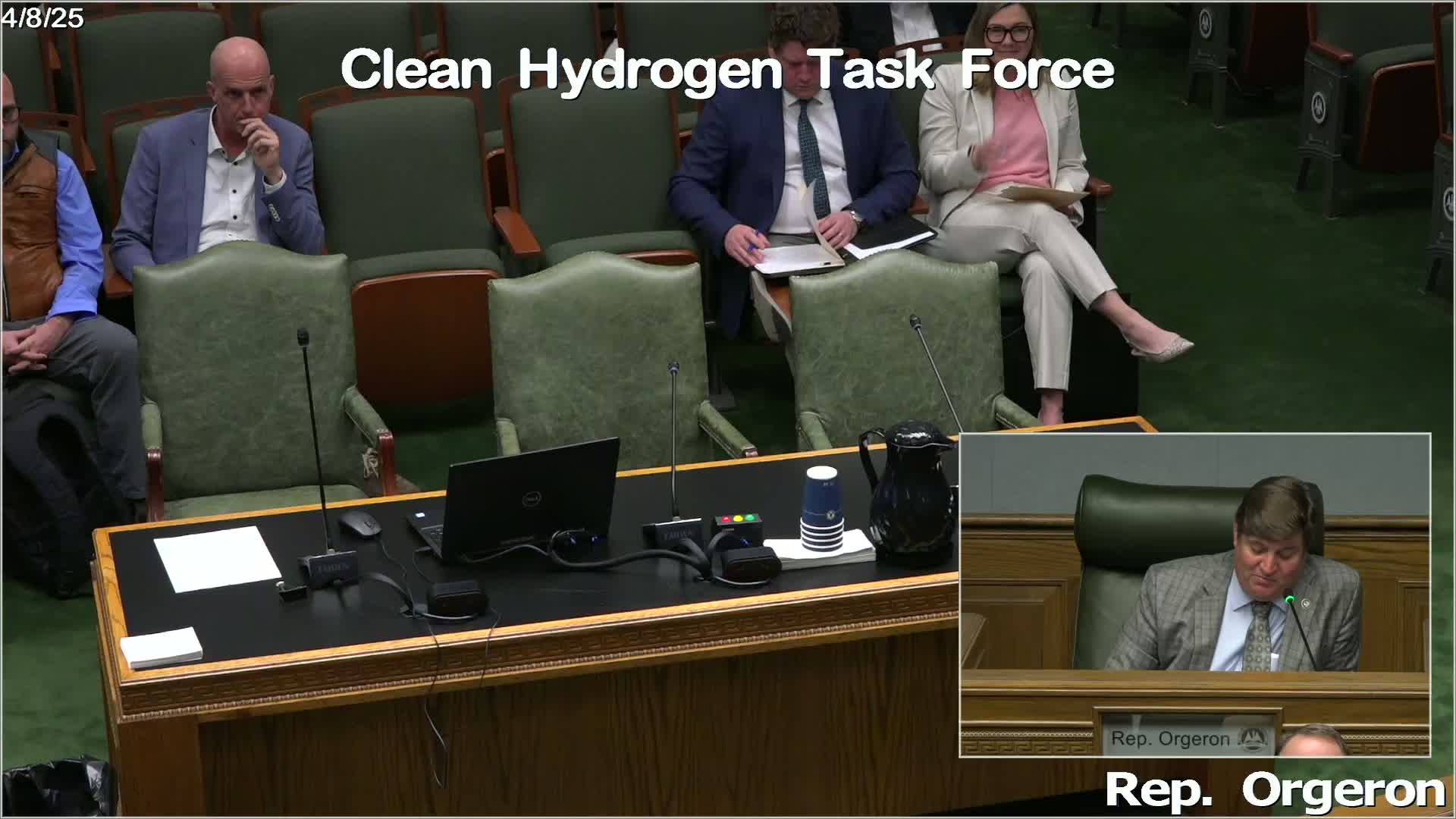Article not found
This article is no longer available. But don't worry—we've gathered other articles that discuss the same topic.
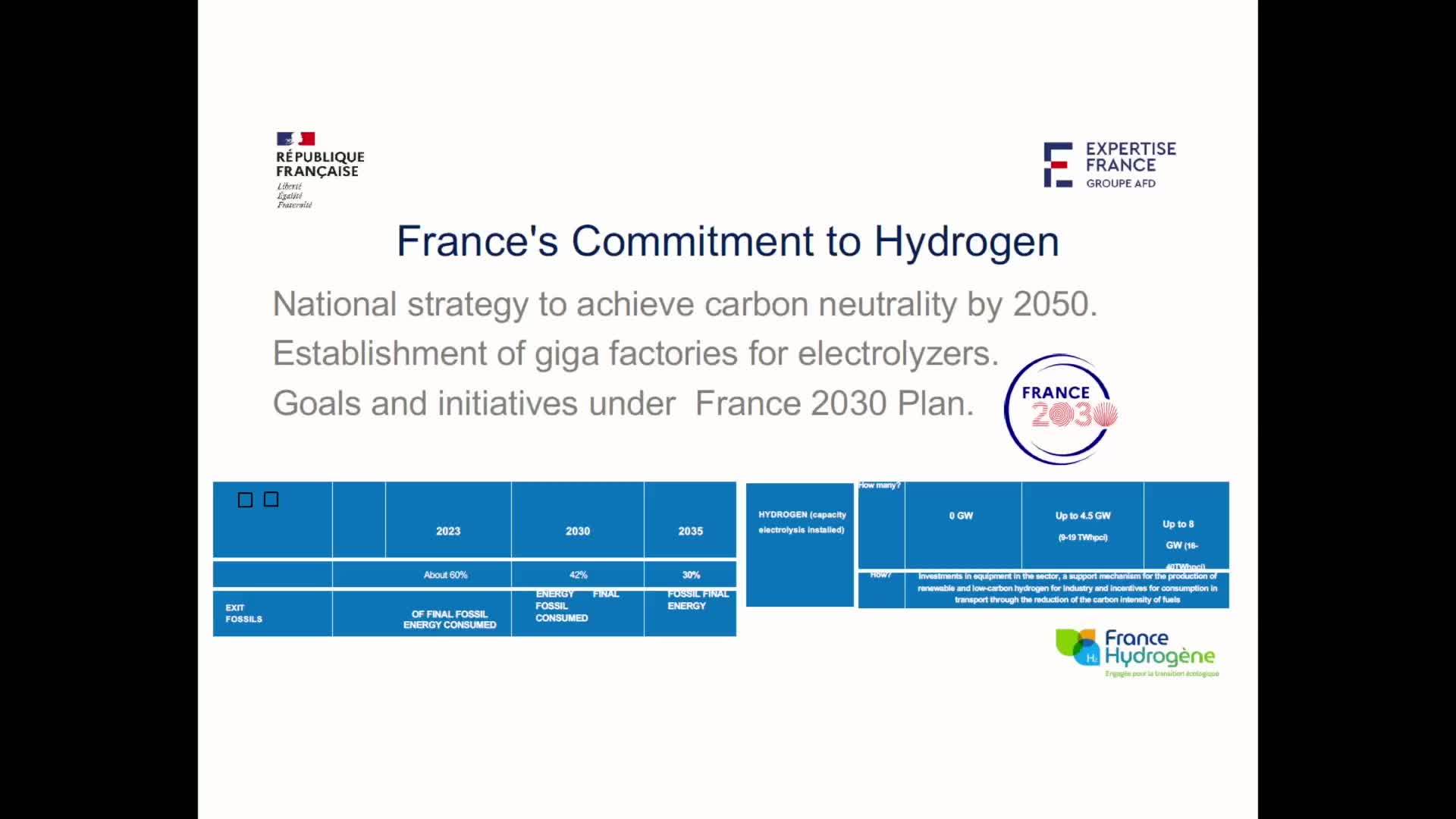
French energy adviser outlines France's hydrogen strategy and reports discovery of large "white hydrogen" resource
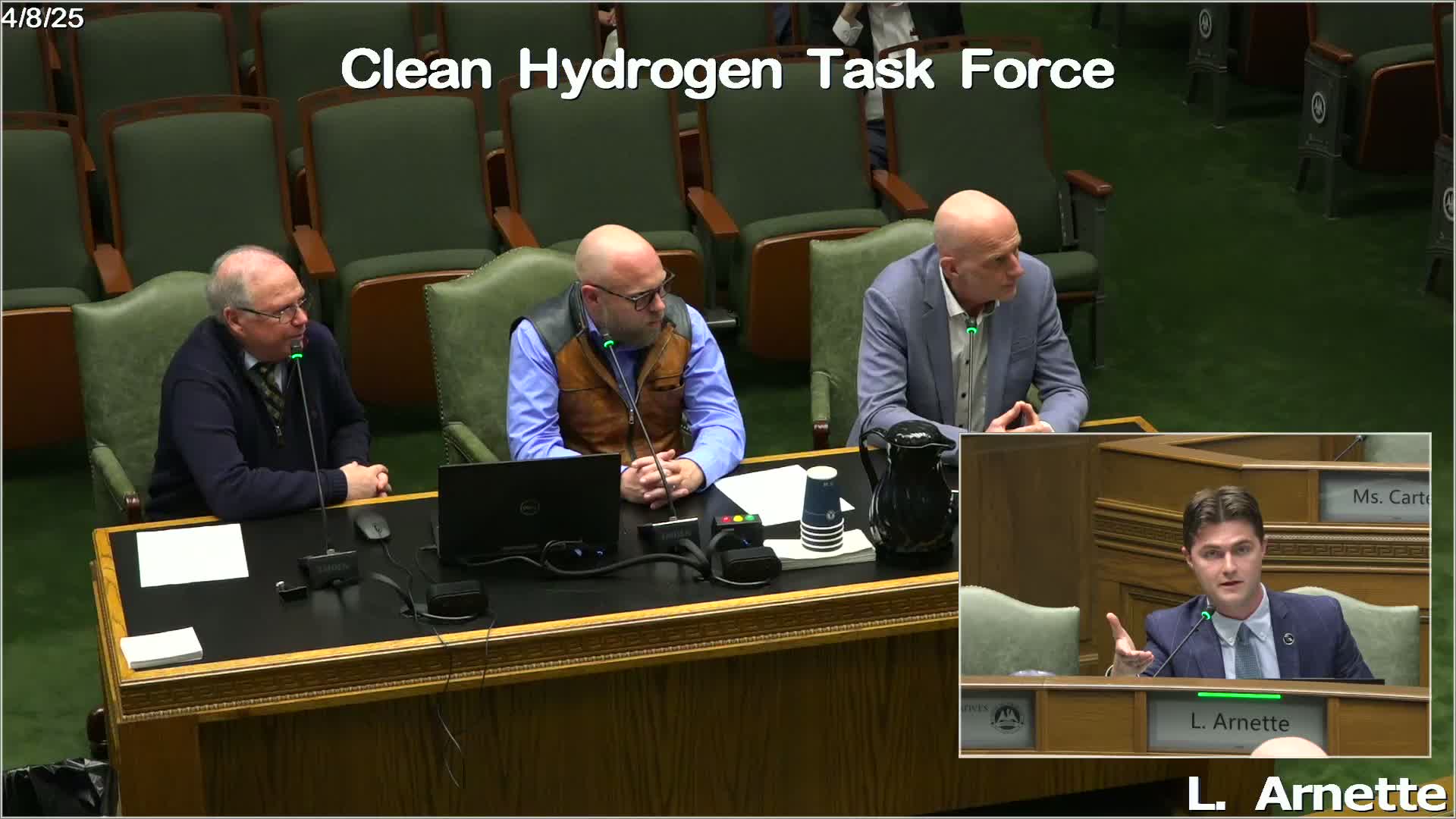
LSU researcher presents fracture-fatigue entropy method to predict hydrogen embrittlement in pipe steels
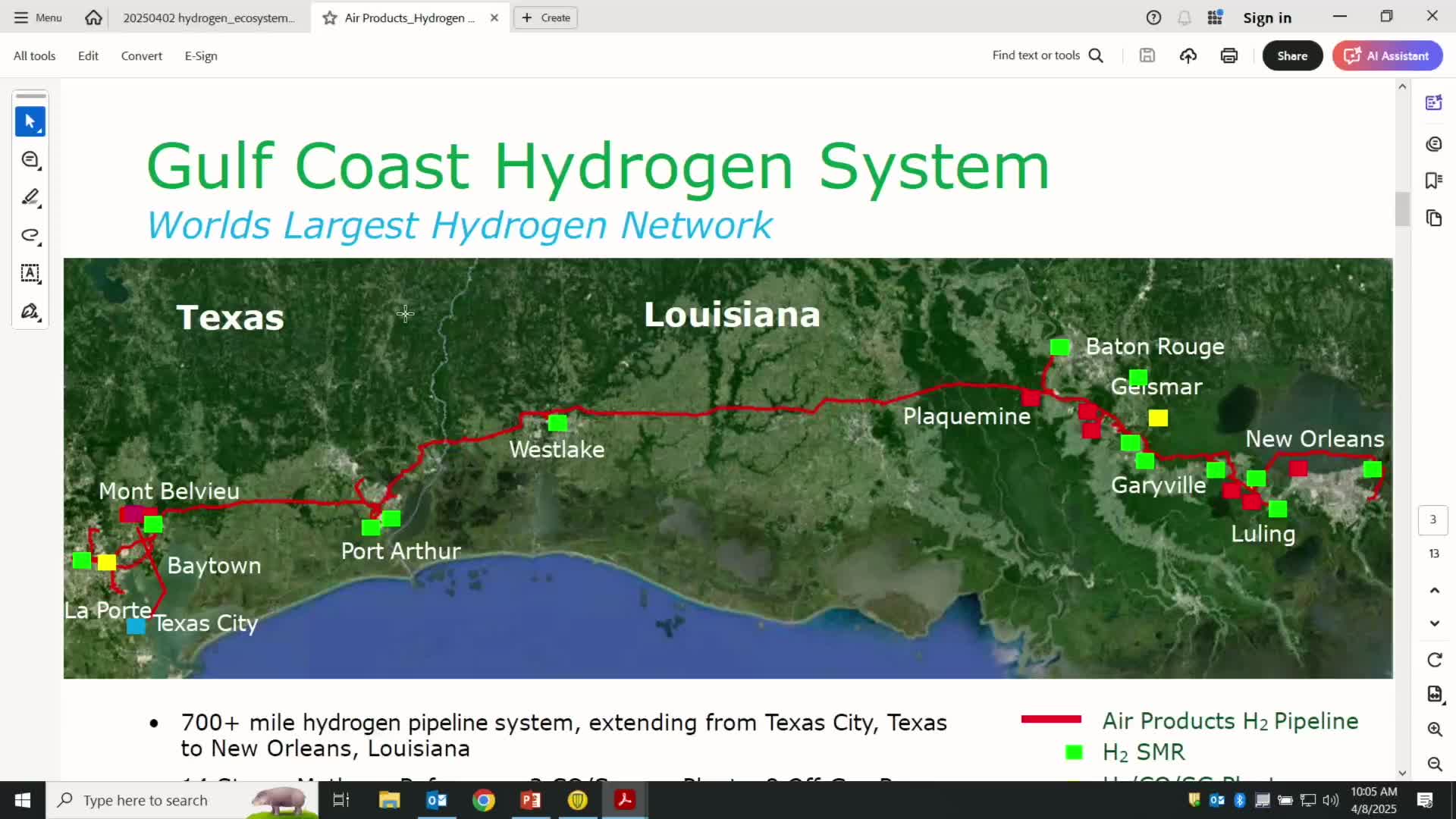
Air Products details Gulf Coast hydrogen pipeline network and safety practices; explains material differences with natural gas lines
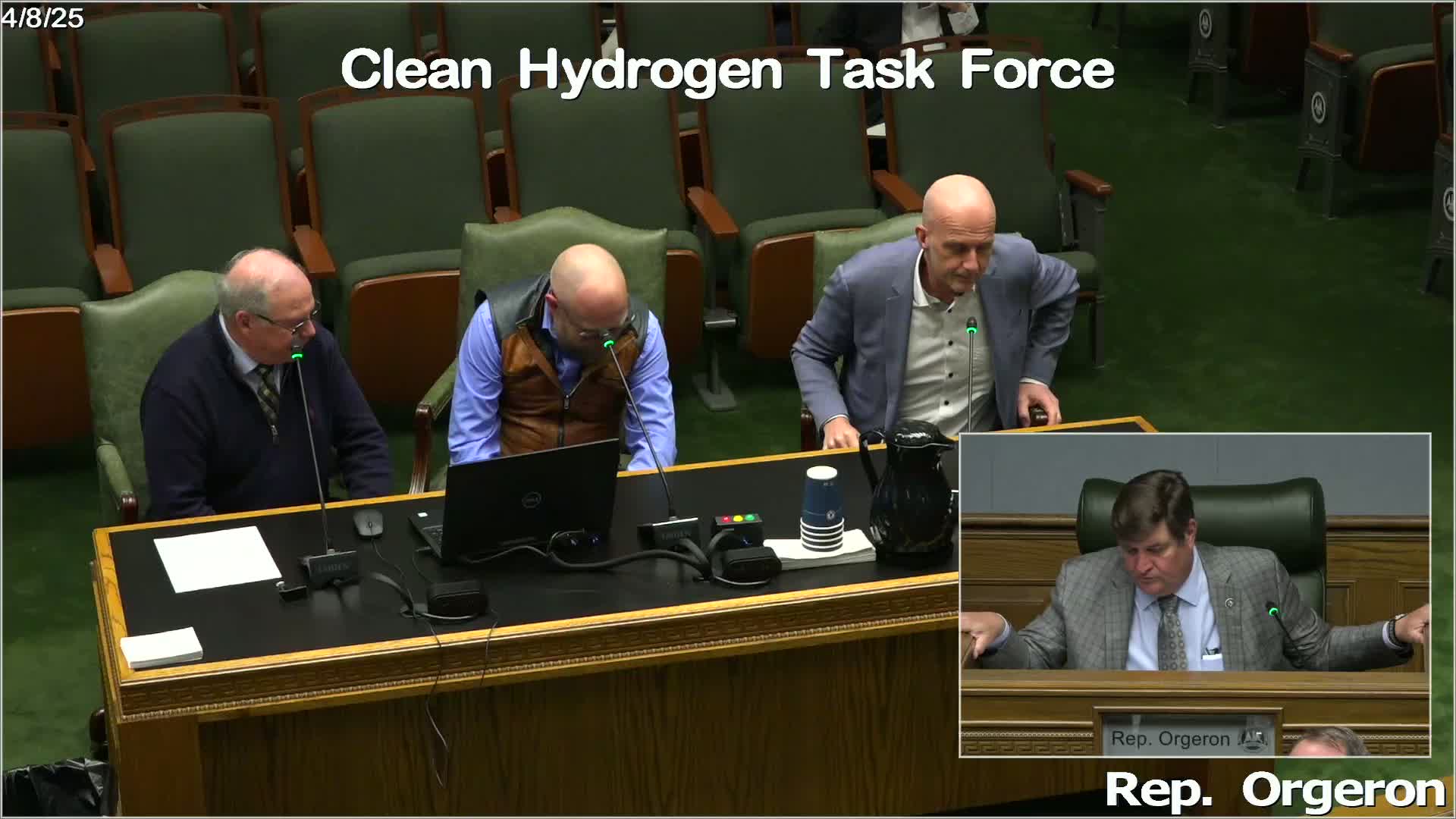
AKA Energy Systems pitches containerized hydrogen microgrids for resilience and maritime applications
